Preview | Niall Ferguson’s Networld
From the Reformation and 17th century witch-hunting, through the American Revolution and to the nightmare visions of Orwell’s 1984, Ferguson explores the intersection of social media, technology and the spread of cultural movements.
Previews + Extras
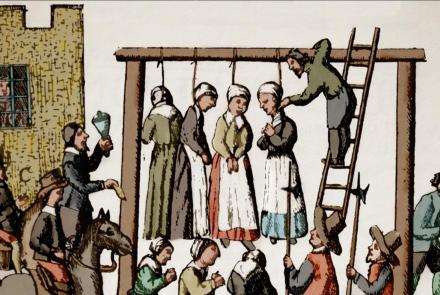
Witch Hunts: Where "Fake News" Began
S1 E1 - 3m 38s
In the 1600s, self-proclaimed witch hunter Matthew Hopkins stirred public panic with his book "The Discovery of Witches," as competing Catholics and Protestants sought to attract new followers by demonstrating their power to expose and capture "witches."
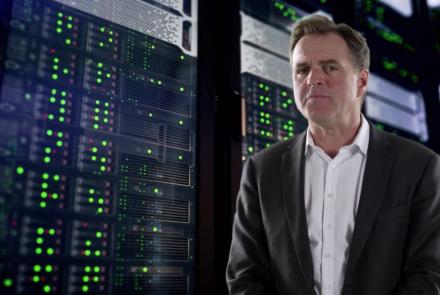
How Online Data Is the New Oil
S1 E1 - 2m 5s
In the new network empire, there's only one commodity that counts: data. The more time you spend online, the more your data is collected, which, according to Niall Ferguson, is just as valuable as oil in our modern economy.
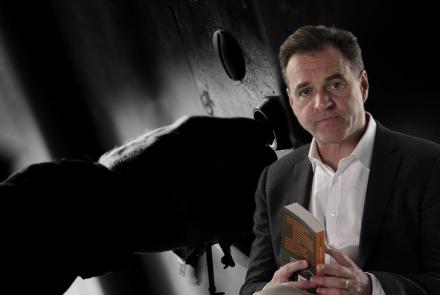
The Social Media Operation That Divided Americans
S1 E1 - 2m 44s
The Russian social media disinformation campaign was particularly savvy in the lead-up to the 2016 election. But take a closer look and you might be surprised to learn that ads out of Russia only accounted for less than 1% of all political ads that year.
Similar Shows
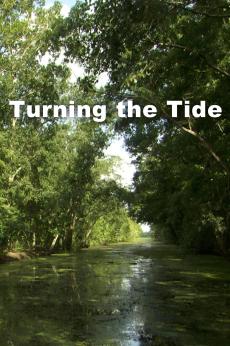
Turning the Tide
Science and Nature

The Yorkshire Vet
Science and Nature

Sex in the Wild
Science and Nature
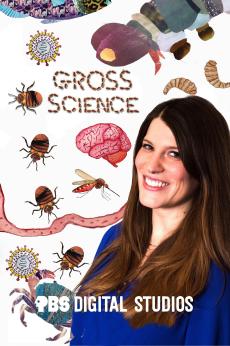
Gross Science
Science and Nature
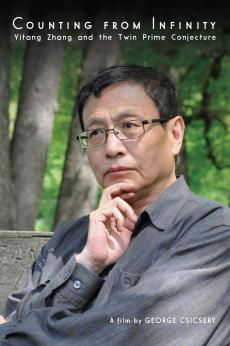
Counting from Infinity: Yitang Zhang and the Twin Prime Conjecture
Science and Nature
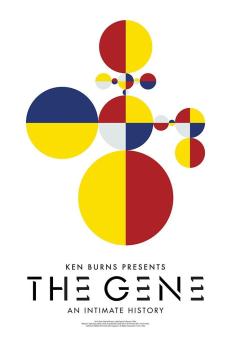
The Gene
Science and Nature
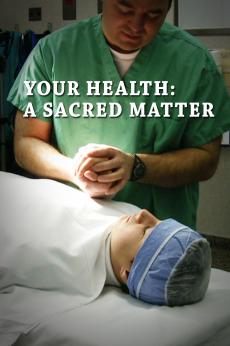
Your Health: A Sacred Matter
Science and Nature
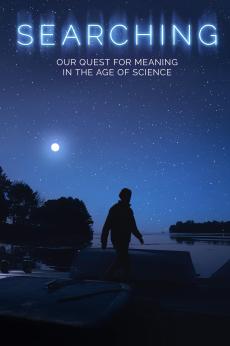
Searching: Our Quest for Meaning in the Age of Science
Science and Nature
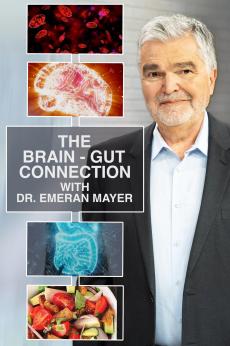
The Brain-Gut Connection with Dr. Emeran Mayer
Science and Nature

Prehistoric Road Trip
Science and Nature
WETA Passport
Stream tens of thousands of hours of your PBS and local favorites with WETA Passport whenever and wherever you want. Catch up on a single episode or binge-watch full seasons before they air on TV.